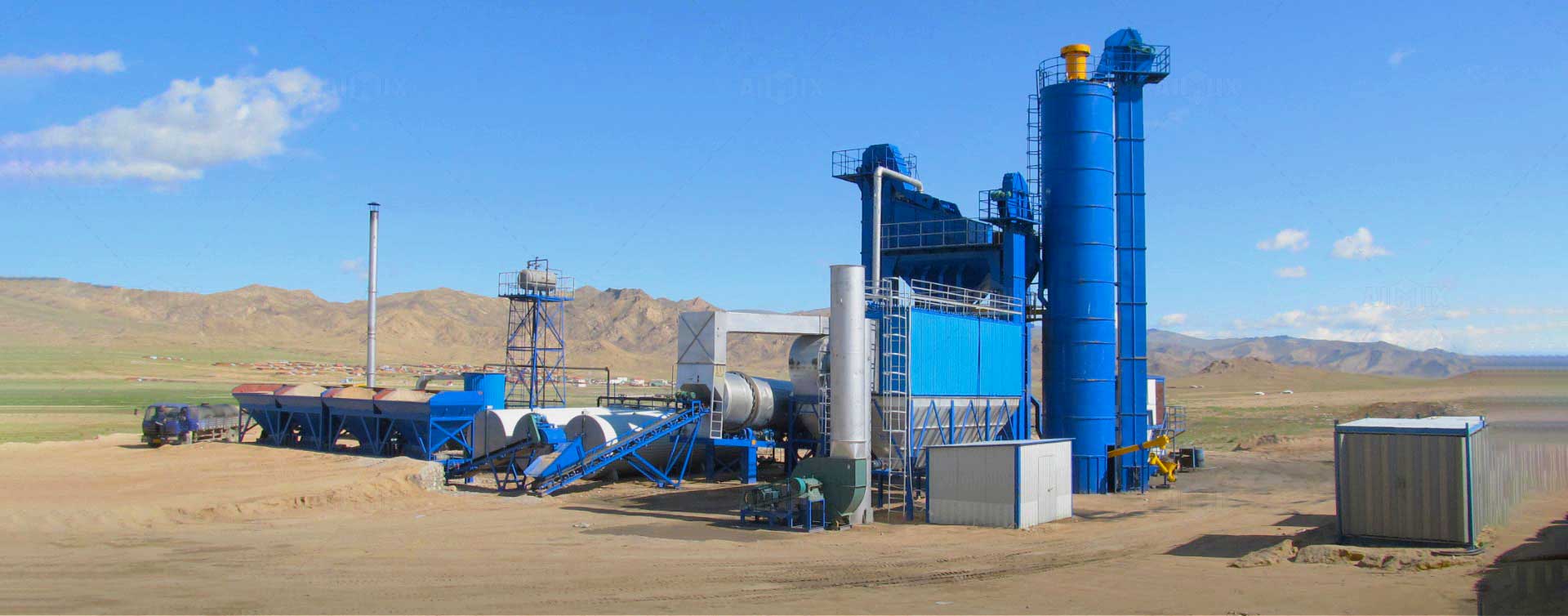When planning for large road projects in the U.S., one of the most crucial decisions is selecting the right asphalt mixing plant. With a daily demand of 500 tons, the plant’s capacity must be carefully considered to ensure project efficiency, cost-effectiveness, and timely completion. In this article, we’ll explore the factors that influence asphalt plant capacity, and how to choose the best one for your project needs.
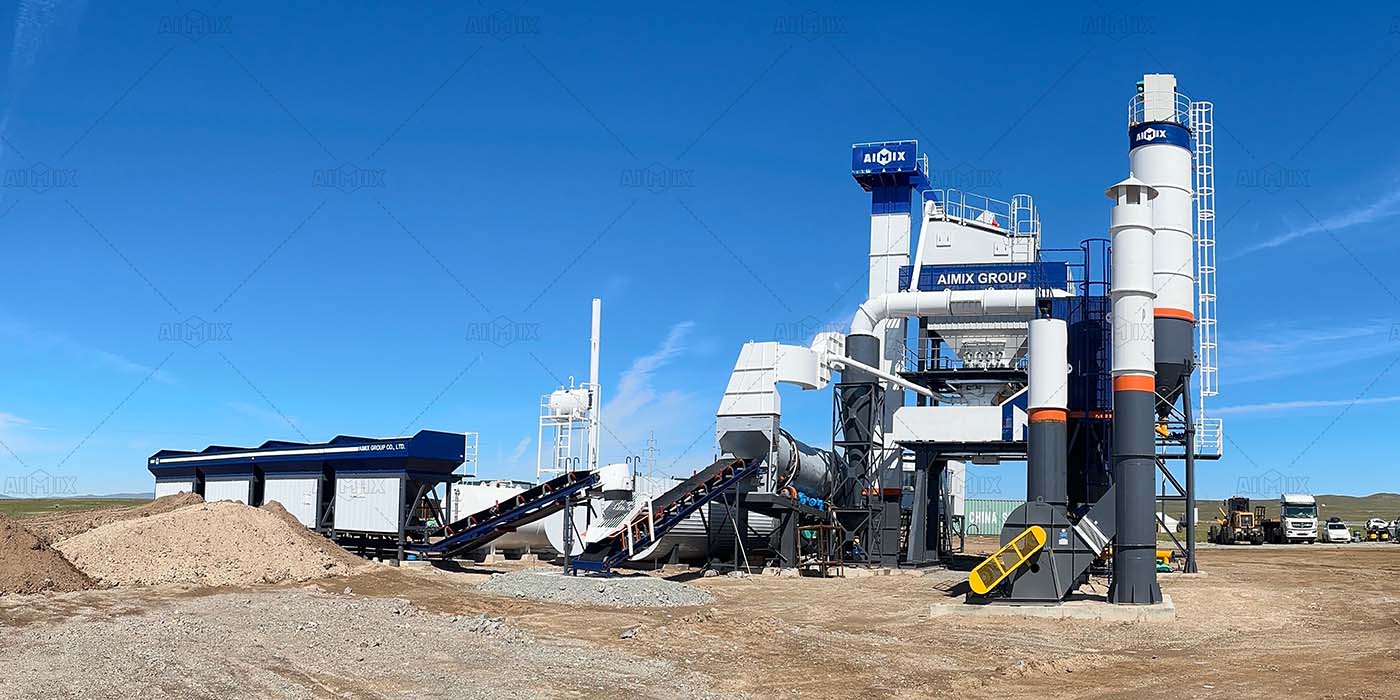
Understanding Asphalt Plant Capacity and Its Importance
Asphalt plants for sale in USA are essential for producing high-quality asphalt for road construction. The capacity of these plants varies depending on the type of project and its requirements. For large-scale road construction projects in the U.S., the plant’s output capacity plays a key role in ensuring the supply meets the demand for asphalt.
For instance, a daily demand of 500 tons is typically required for extensive roadworks, including highways, bridges, and urban roads. This demand can vary based on project size, complexity, and weather conditions, but it serves as a baseline to understand what plant capacity you’ll need.
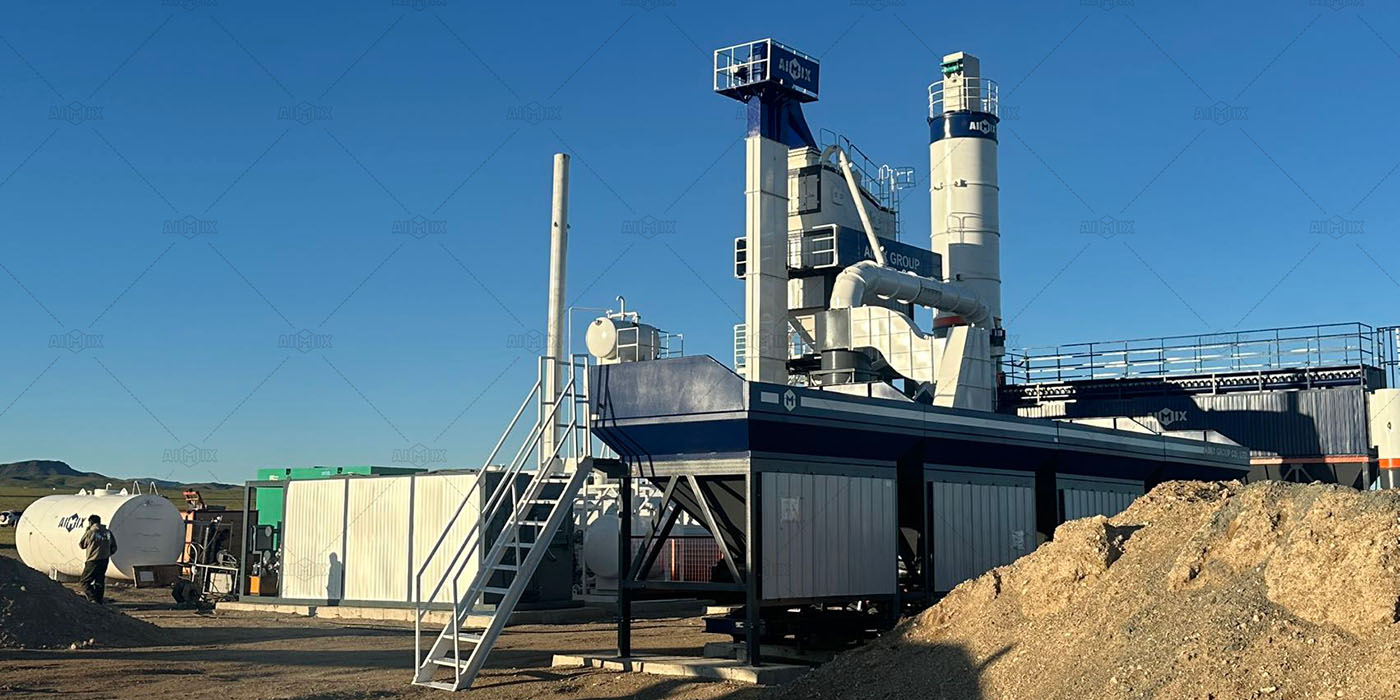
Choosing the Right Asphalt Plant for Large Projects
Asphalt plants come in different types, and selecting the right one for your project depends on several factors, including the project’s scale, the plant’s mobility, and the specific requirements of your operation. Let’s break down the options based on capacity and plant type:
Mobile vs. Stationary Asphalt Mixing Plants
When you need a plant for a large project, you might face the choice between mobile and stationary asphalt mixing plants. Both types have their advantages and limitations.
Mobile asphalt plants for sale are ideal for projects that require frequent relocation or where space is limited. They are easy to transport and set up, offering flexibility. However, mobile plants often have a smaller capacity compared to stationary ones.
Stationary asphalt plants are best for projects where the plant will remain in a fixed location for a longer period. These plants are capable of handling larger production volumes and offer superior efficiency for high-demand projects.
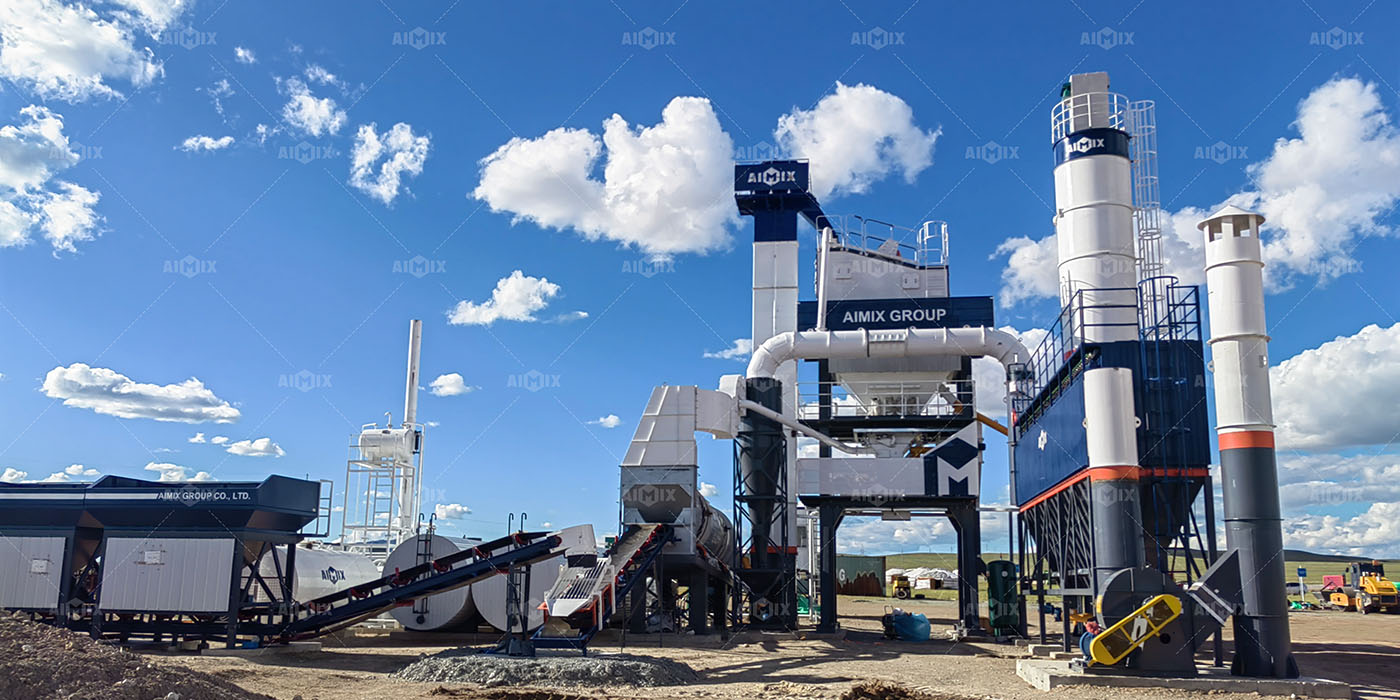
Determining Required Capacity for 500 Tons Per Day
For large road projects in the U.S. with a daily demand of 500 tons, the plant’s capacity should be around 400–500 tons per hour (TPH). This capacity ensures that the plant can meet the required production levels without delays, taking into account potential downtime for maintenance and adjustments.
It’s important to remember that asphalt production is not a constant, uninterrupted process. Factors such as maintenance, material availability, and weather conditions can affect daily output. Therefore, having an asphalt concrete plant with a slightly higher capacity than your exact demand (say 500–600 TPH) will provide a buffer to account for these variables.
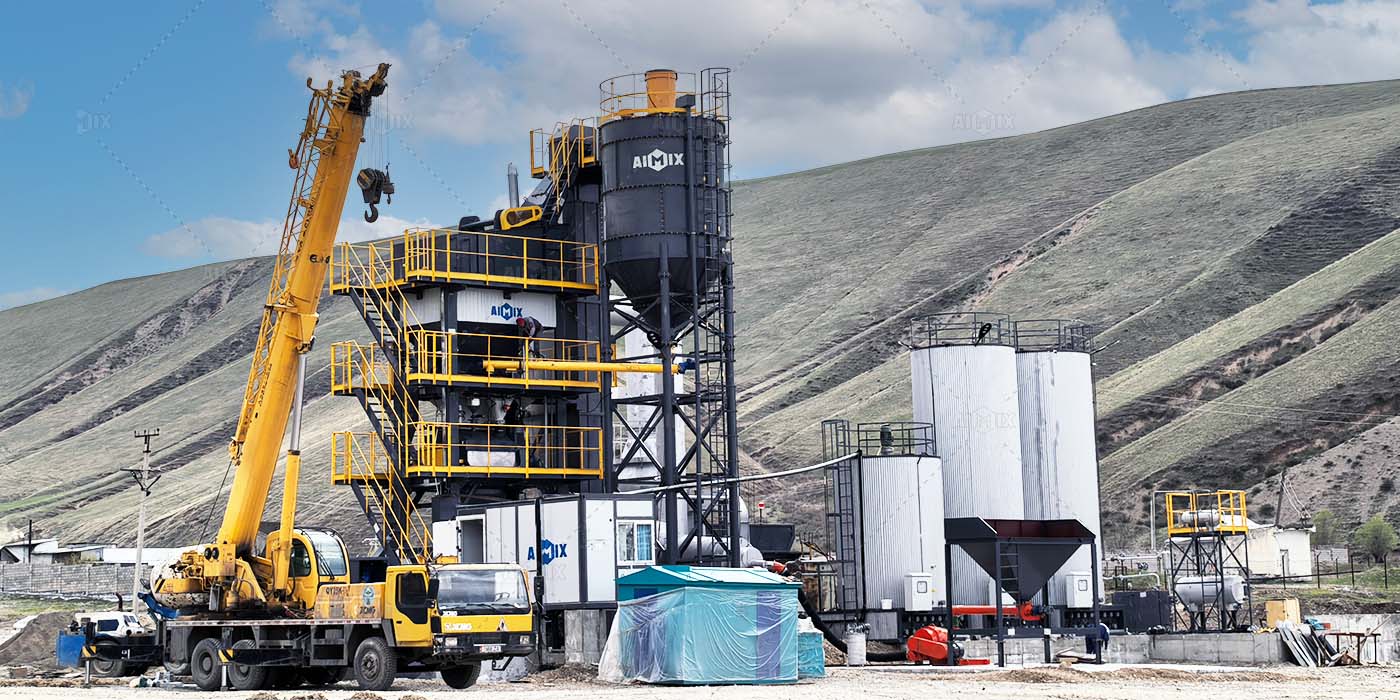
Additional Considerations for Asphalt Mixing Plant Selection
While capacity is critical, there are other important factors to consider when selecting an asphalt plant for large projects:
1. Environmental Considerations
With increasing environmental concerns, ensuring that your asphalt plant meets local emissions standards is essential. Choose a plant that complies with environmental regulations to avoid costly fines and delays. Modern plants are designed with eco-friendly features, such as dust collectors and low-emission technologies.
2. Fuel Efficiency
Fuel consumption is a key factor in the operating costs of an asphalt plant. Choosing a plant with high fuel efficiency will help reduce costs over time, especially when working on large projects with substantial asphalt needs.
3. Local Regulations and Permitting
Before choosing your plant, make sure it meets local zoning and permitting requirements. Some areas have strict regulations regarding noise levels, emissions, and operating hours, especially for larger asphalt plants. Ensure that your plant is fully compliant to avoid any legal issues.
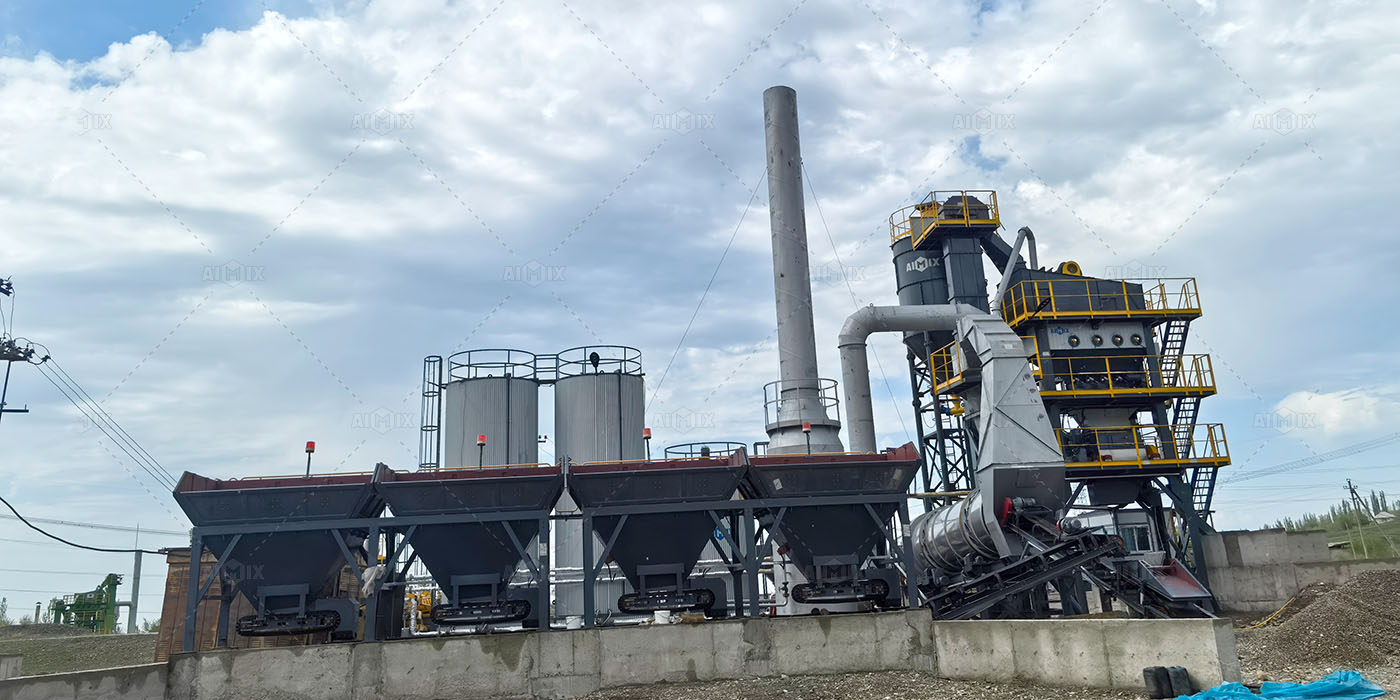
How to Ensure Project Success with the Right Asphalt Mixing Plant
Selecting the right asphalt mixing plant is vital to the success of large road projects. By considering the project’s specific requirements—such as daily asphalt demand, capacity needs, environmental regulations, and fuel efficiency—you can make an informed decision that ensures timely completion and cost-efficiency.
For large-scale road projects in the U.S., a plant with a production capacity of 400-600 tons per hour should suffice. It’s essential to invest in a plant that not only meets your immediate needs but also supports the scalability of future projects.
Conclusion: Choose a Reliable Asphalt Plant Supplier
When it comes to selecting an asphalt mixing plant for your large road project, capacity is just one of the many factors to consider. It’s equally important to choose a supplier that understands the unique needs of your project and offers a reliable solution. At Aimix, we, as an outstanding asphalt plant supplier, provide a wide range of asphalt plants tailored to your specific requirements, whether you need a high-capacity stationary plant or a mobile solution for flexibility.
If you’re planning a large road project and need help selecting the right asphalt plant, feel free to contact us today. Our experts are here to assist you in finding the best solution to meet your demands. Let’s build the roads of tomorrow, together.
Contact us for more information on our asphalt mixing plants and how we can support your next road project.
